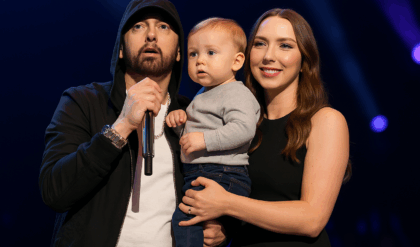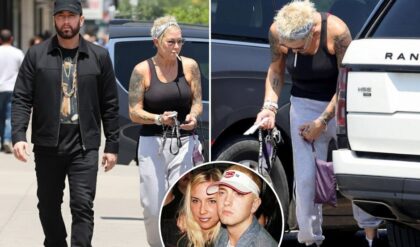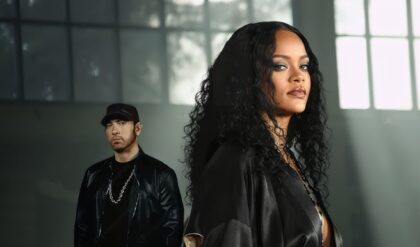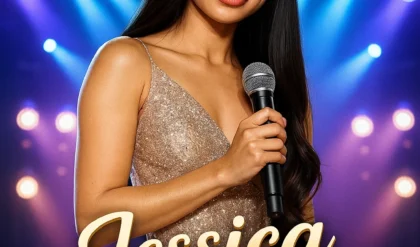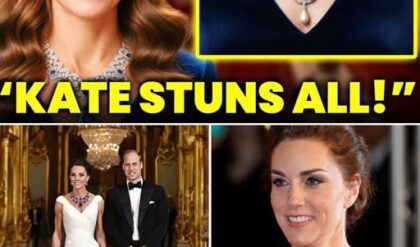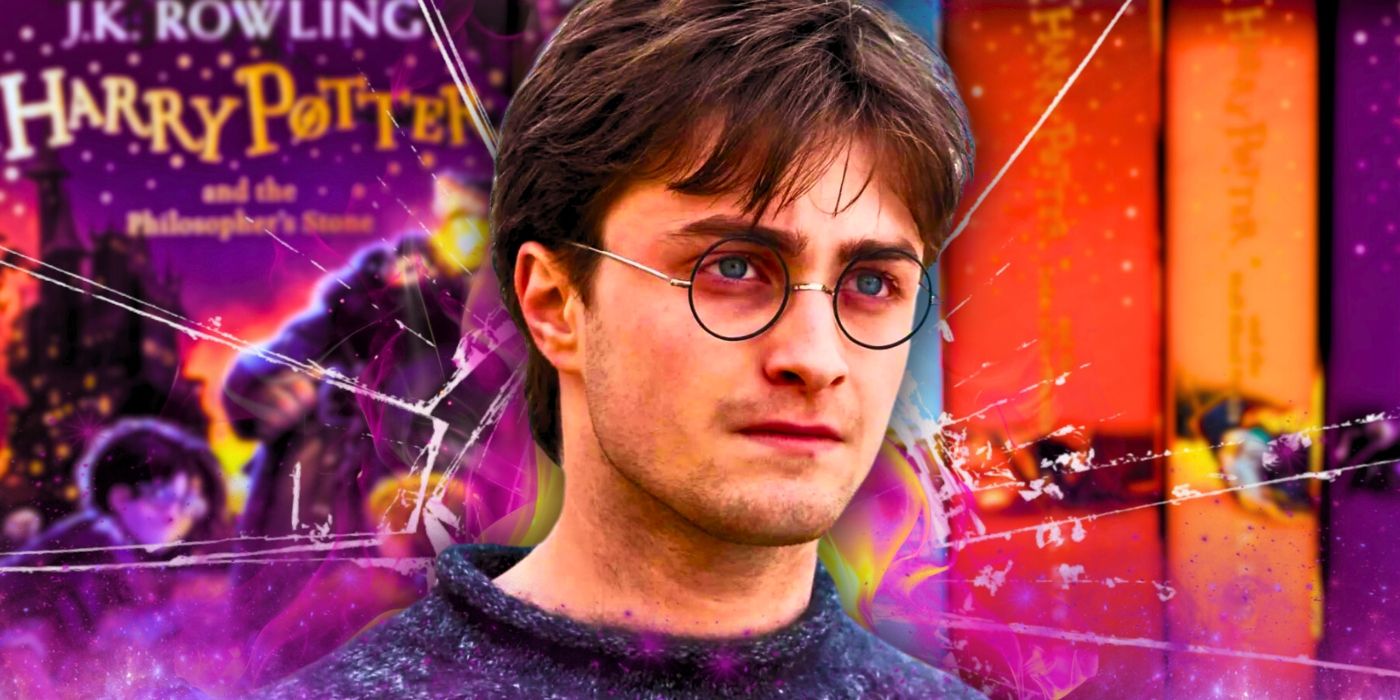 HBO’s Harry Potter series will face a perspective challenge that was not an issue for the books or movies. The series will adapt each of the seven Harry Potter books, with season 1 covering Harry Potter and the Sorcerer’s Stone, and each subsequent outing tackling the next novel. Francesca Gardiner, who has previously worked on His Dark Materials, Succession, and Killing Eve, will serve as the showrunner, while Game of Thrones‘ Mark Mylod will direct several episodes.
HBO’s Harry Potter series will face a perspective challenge that was not an issue for the books or movies. The series will adapt each of the seven Harry Potter books, with season 1 covering Harry Potter and the Sorcerer’s Stone, and each subsequent outing tackling the next novel. Francesca Gardiner, who has previously worked on His Dark Materials, Succession, and Killing Eve, will serve as the showrunner, while Game of Thrones‘ Mark Mylod will direct several episodes.
An opening casting call has begun for HBO’s Harry Potter remake, with a new young trio needed to play the iconic roles previously portrayed by Daniel Radcliffe, Rupert Grint, and Emma Watson. The longer format of a streaming series provides the opportunity to deliver a faithful adaptation of the Harry Potter books, featuring beloved details and characters that did not make it into the movies. At the same time, a streaming series presents new challenges, especially when it comes to the central point of view.
The Harry Potter Books & Movies Depend On The Story Being Told From Harry’s POV
There’s A Good Reason It’s Almost All Harry’s Perspective
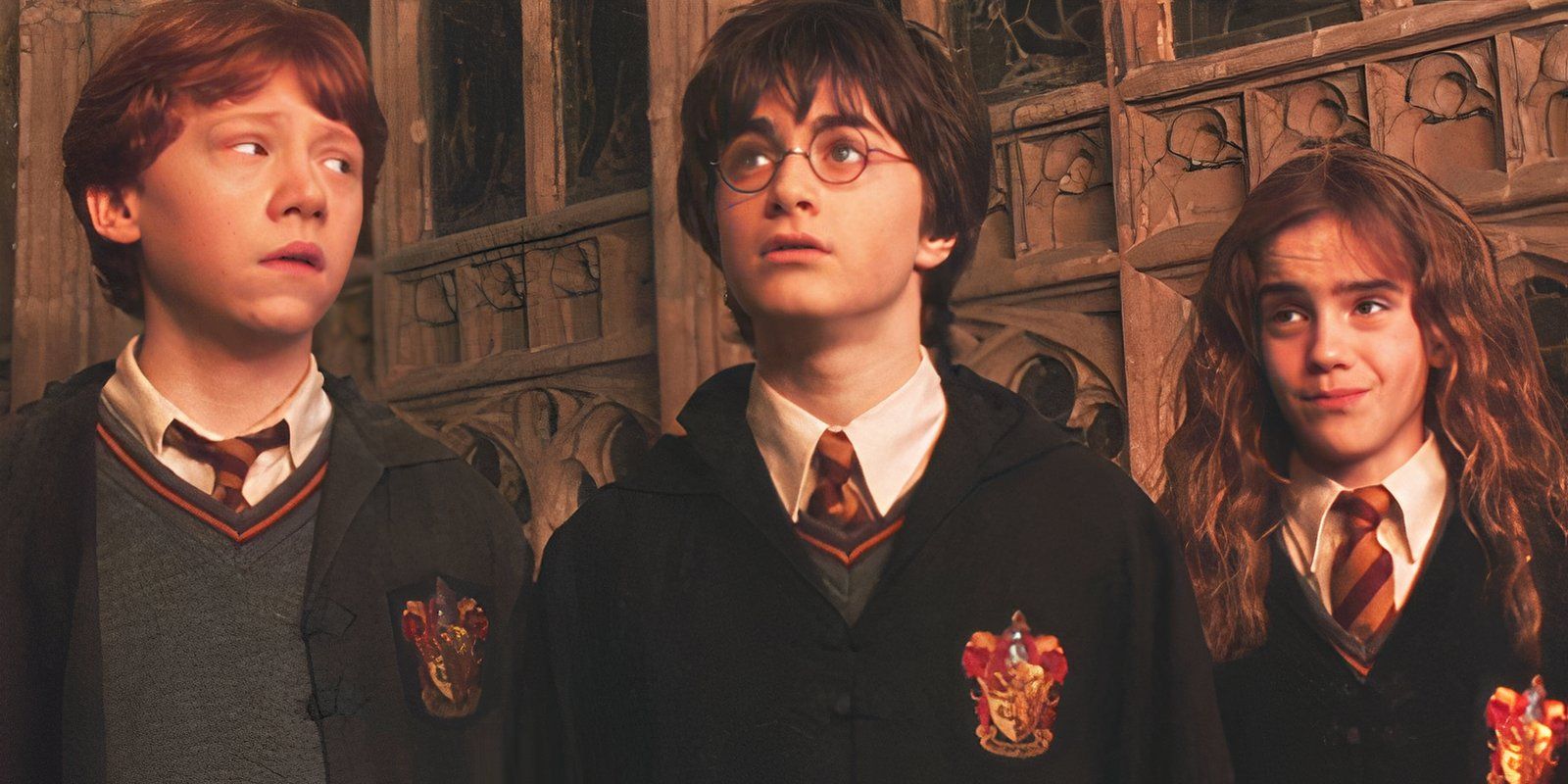
Many of Harry Potter ‘s best plot twists resonate because Harry doesn’t have the full picture of what’s happening.
Restricting the story to Harry’s perspective works well, as much of the plot depends on the limited information he and his friends have. They often seek answers to the mysteries surrounding them, and many of Harry Potter‘s best plot twists resonate because Harry doesn’t have the full picture of what’s happening. It’s shocking and powerful when Harry realizes Severus Snape isn’t the villain of Sorcerer’s Stone, and it’s especially jarring when Snape kills Dumbledore in Half-Blood Prince. These twists work because Harry doesn’t know what the other characters are up to behind closed doors.
HBO’s Harry Potter Reboot Needs To Overcome A Huge Perspective Problem
TV Shows Rarely Stick With Only 1 Perspective
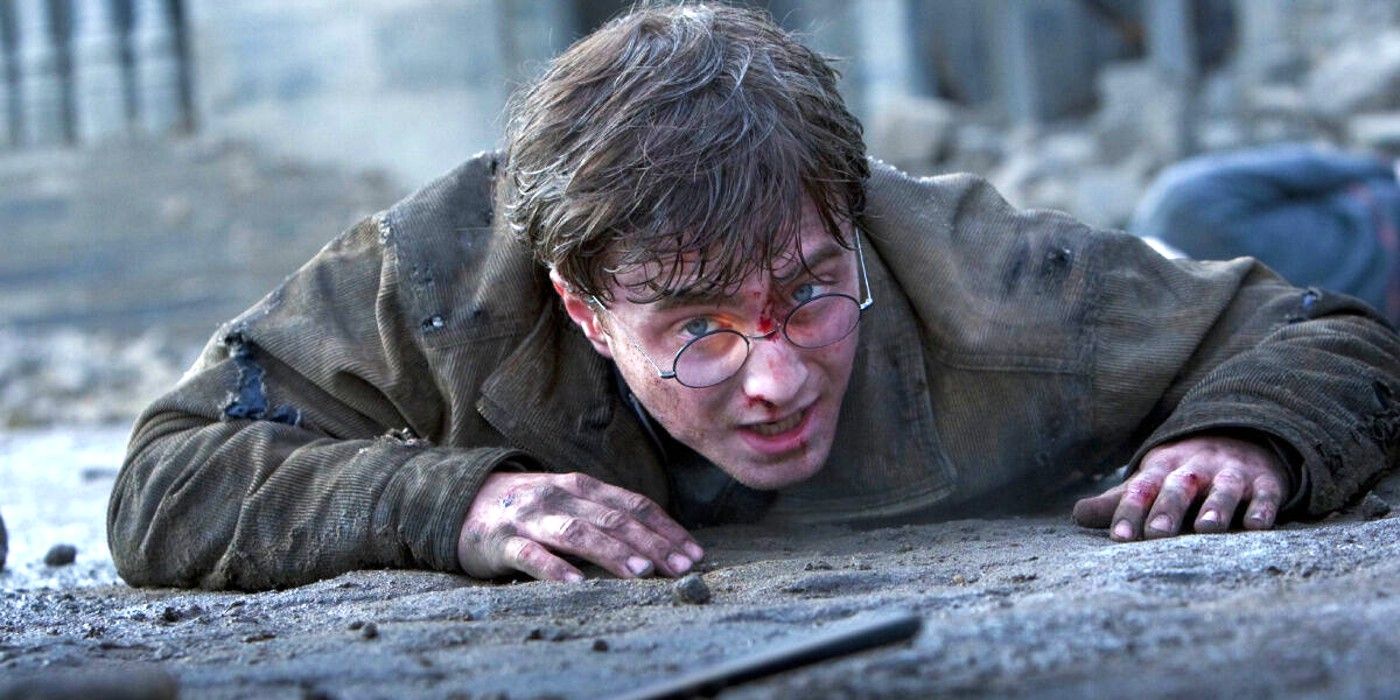
The dependency on Harry’s POV presents a problem for HBO’s Harry Potter remake, as most television shows are not limited to a single character’s perspective. Instead, they tend to move between the story’s principal characters. Since one of the upcoming series’ earliest selling points is its ability to be a more faithful adaptation, it could try and keep each season limited to Harry’s point of view in the spirit of the books. However, limiting most of a seven-season show to a single character’s viewpoint may make the scope of the story feel too small.
Title
Book release date
Movie release date
Harry Potter and the Philosopher’s Stone (Sorcerer’s Stone)
1997
2001
Harry Potter and the Chamber of Secrets
1998
2002
Harry Potter and the Prisoner of Azkaban
1999
2004
Harry Potter and the Goblet of Fire
2000
2005
Harry Potter and the Order of the Phoenix
2003
2007
Harry Potter and the Half-Blood Prince
2005
2009
Harry Potter and the Deathly Hallows
2007
2010 & 2011
It would be compelling to shift the perspective away from Harry and see the story through the eyes of Snape, Dumbledore, Harry’s peers, or even villainous characters like Voldemort and Dolores Umbridge. The issue with seeing too much of the Wizarding World through these characters’ eyes is that it may prevent certain plot twists from feeling surprising or rewarding. If too much time is spent seeing the story through the point of view of a character like Snape, there will inevitably be less mystery surrounding his loyalties and actions in the later seasons.
It’s Not Worth Sacrificing Harry Potter’s Twists To Expand On Other Subplots
Game-Changing Revelations Should Not Be Cheapened
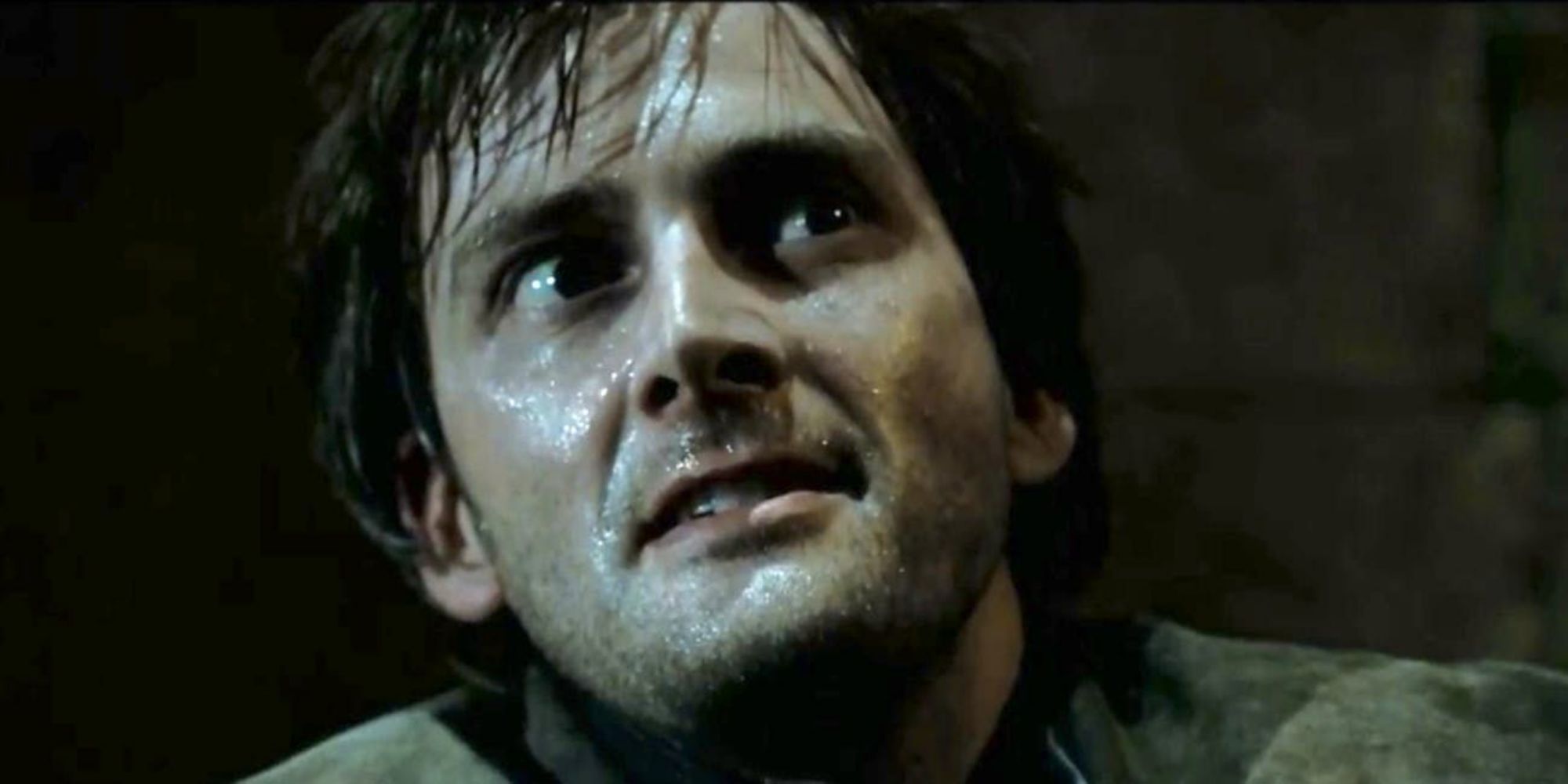
The idea of seeing parts of the series through other character perspectives is intriguing, but it is not worth losing the full impact of Harry Potter‘s biggest plot twists. From Peter Pettigrew being the one who actually betrayed Lily and James Potter to Professor Alastor “Mad-Eye” Moody secretly being Barty Crouch Jr. in disguise, the twists in the books and movies are among the most enduring and well-executed parts of the franchise. Undermining those in any way would be a disservice to the story.
Despite Harry Potter‘s expansive cast of characters, Harry is ultimately the protagonist of the series, and the biggest twists largely work because of the impact they have on him. Other subplots, no matter how interesting, should not take precedence over Harry and his hero’s journey. HBO’s Harry Potter is already going to have a difficult time living up to the legacy of the books and movies, and failing to properly adapt important plot twists in favor of other elements will automatically make the series feel like an inferior adaptation.
How HBO’s Remake Can Have The Best Of Both Worlds
A Careful Balance Is Needed
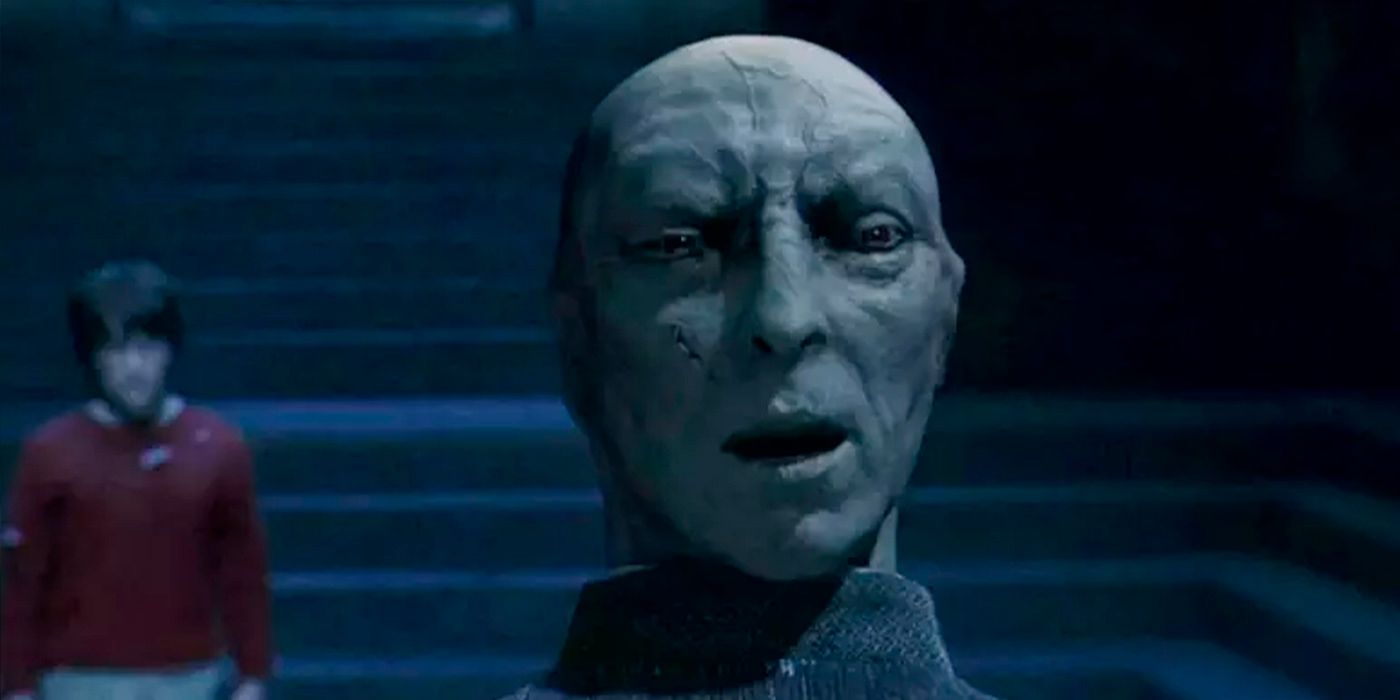
The HBO series should primarily remain grounded in Harry’s point of view, just as the books and movies did, while also carefully finding opportunities to expand on certain characters or storylines. Such expansions will work best by adding moments that do not contain too many relevant plot details. For example, showing a Quidditch match that does not feature Gryffindor could be an exciting way to explore new perspectives without potentially spoiling or undermining crucial plot details. This could provide more insight into other Quidditch players and Hogwarts students, including Draco Malfoy, Cedric Diggory, and Cho Chang.
Draco, Cedric, and Cho all play the position of Seeker for their respective teams.
What the series should avoid are things like showing the full conversation between Snape and Quirinus Quirrell or the conversation where Dumbledore tells Snape to kill him. There are other ways to flesh these characters out further without giving away major plot details. And although expansions not focused on the main story may feel unimportant at first glance, they’ll help immerse viewers in the Wizarding World. Seeing day-to-day life at Hogwarts and learning more about the Harry Potter universe will no doubt be welcome.
This is the fine line that needs to be walked in order to ensure that the upcoming Harry Potter TV show is a faithful adaptation that’s mostly rooted in Harry’s perspective. It doesn’t need to only be told from Harry’s POV, but it needs to get creative when it comes to keeping the series’ biggest revelations under wraps. These are the kinds of challenges that HBO will need to overcome in order to prove this new adaptation of the original Harry Potter books is worthwhile. Otherwise, fans might write it off just as it’s getting started.
